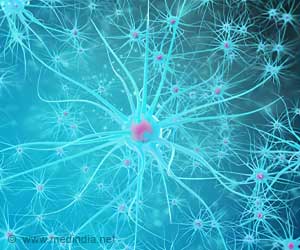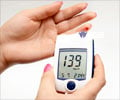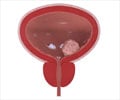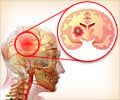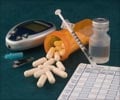Medindia adheres to strict ethical publishing standards in publishing to deliver content that is accurate, relevant, and current. We ensure the integrity of our materials by sourcing from authoritative sources including peer-reviewed journals, academic institutions, research organizations, medical associations and, in some cases, non-profit organizations. We welcome and value audience feedback as a part of our commitment to health literacy and informed decision-making.
- 1. The emerging role of nutrition in Parkinson's disease - (https://www.ncbi.nlm.nih.gov/pmc/articles/PMC3945400/)
- 2. Epidemiology of Parkinson's disease - (https://pubmed.ncbi.nlm.nih.gov/28150045/)
- 3. understanding-parkinsons - Statistics - (https://www.parkinson.org/understanding-parkinsons/statistics)
- 4. Parkinson disease - (https://www.who.int/news-room/fact-sheets/detail/parkinson-disease)
- 5. Risk of Parkinson's disease among first-degree relatives: A community-based study - (https://pubmed.ncbi.nlm.nih.gov/8710070/)
- 6. Parkinson’s Disease: Causes, Symptoms, and Treatments - (https://www.nia.nih.gov/health/parkinsons-disease)
- 7. Levodopa (L-Dopa) - (https://www.ncbi.nlm.nih.gov/books/NBK482140/)
- 8. Epidemiology Of Parkinson's Disease - (https://www.ncbi.nlm.nih.gov/pmc/articles/PMC7173037/)
 MEDINDIA
MEDINDIA







